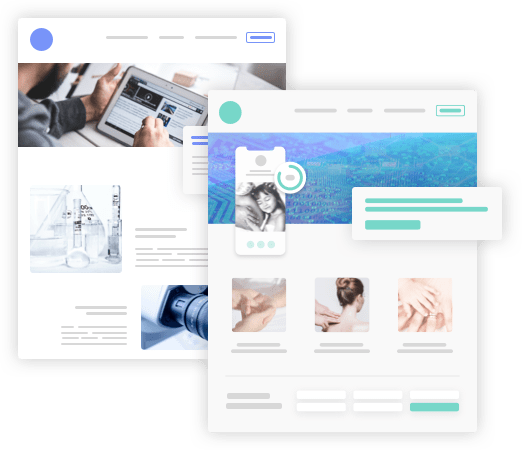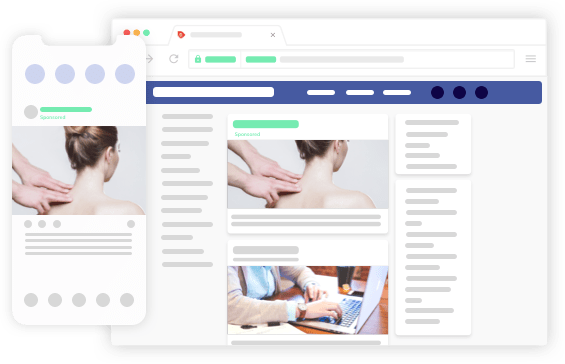Introduction
A website that follows a UX design method will take into account the user’s needs, habits, and even their doubts about your product. Ultimately, the design will be centered around being user-friendly and consistent, but also simple, honest, and need-focused. User Experience (UX) Design spans all forms of online media. Information is constantly flooding our screens these days and our consciousness.
It is therefore more crucial than ever to keep information streamlined and pleasurable. After all, with all the options out there, what pushes the final decision when a user is navigating the web is within your UX approach.
A physical store has salespeople who try to identify what’s important to the customers, so they can offer the right product at the right time. The same idea applies to your website.


At its core, conversion rate optimization (CRO) is making sure your site or page has the right things at the right time for the visitor.
Improving your user experience often takes time, patience, trial, and error, as well as attention to detail. If a user happens to click on broken links or can’t find the item they’re looking for, chances are they will navigate away from your site never to return. Website abandonment is detrimental to any growing business.
Positive user experiences can create loyal customers and differentiate your website from others. Even when another website is selling similar products or services at the same cost, great user experiences will continue to bring return customers back.
Importance of Improving User Experience.
When you improve user experience, you help guide your site visitors through the conversion funnel. Customers encounter fewer obstacles on their way to make a purchase. The conversion funnel turns prospects into leads and leads into customers. A prospect visits your website for the first time. He or she might read a blog post or poke around the main navigation pages. If that person has a favorable impression of your business, he or she might follow you on social or sign up for your email list.
Once you have the prospect’s contact information, you have a lead. You can begin nurturing that customer toward a purchase by providing exceptional value through tips, advice, discounts, and free tools. If you haven’t taken the time to improve user experience, however, your prospect or lead might grow cold. He or she decides not to give your business more time, or money because of the friction that person encountered while navigating your website and other online presences.






